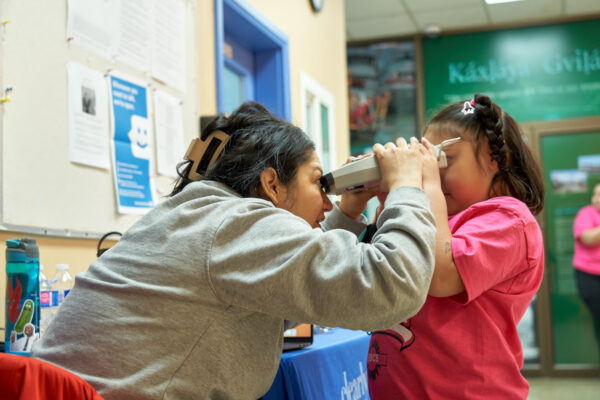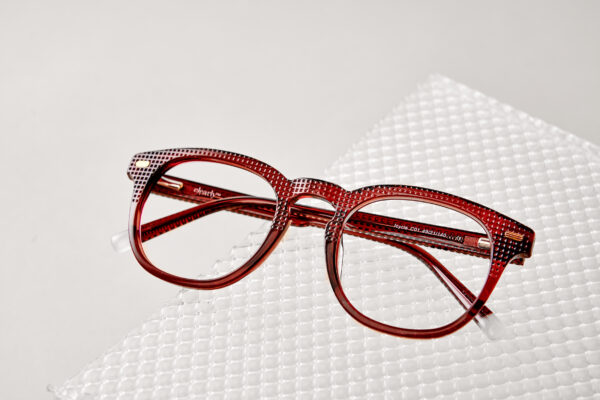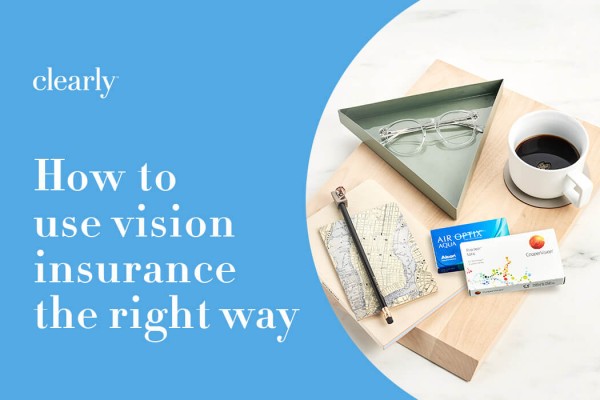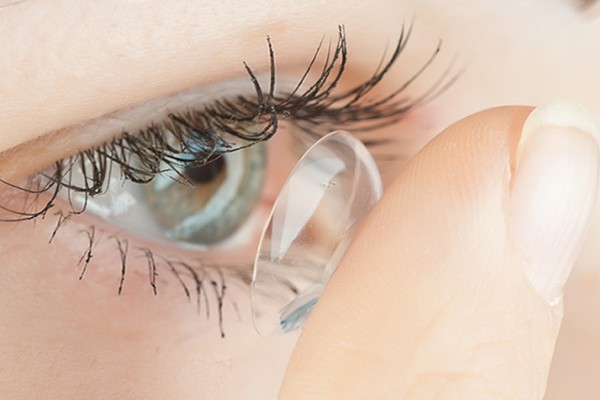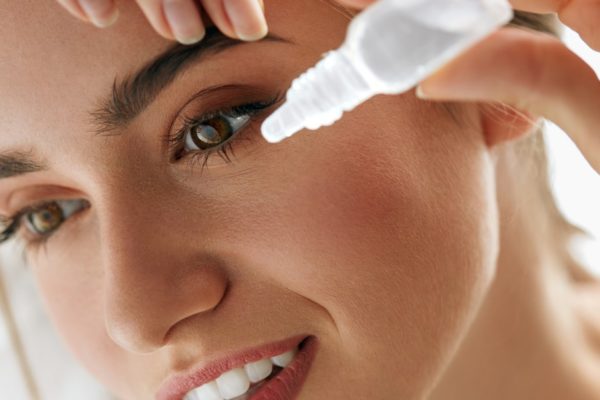This post is also available in:
![]() Français (French)
Français (French)
“Carrots are good for your eyes,” said that well-meaning grown-up who was trying to get you to eat your veggies. And, in a way, they were right!
Many nutrient-rich foods are good for your eye health (and overall health). Read on to learn about the best vitamins for your eyes and what foods to eat to help preserve your vision and eye health.
Best vitamins and nutrients for your eyes:
Vitamin A
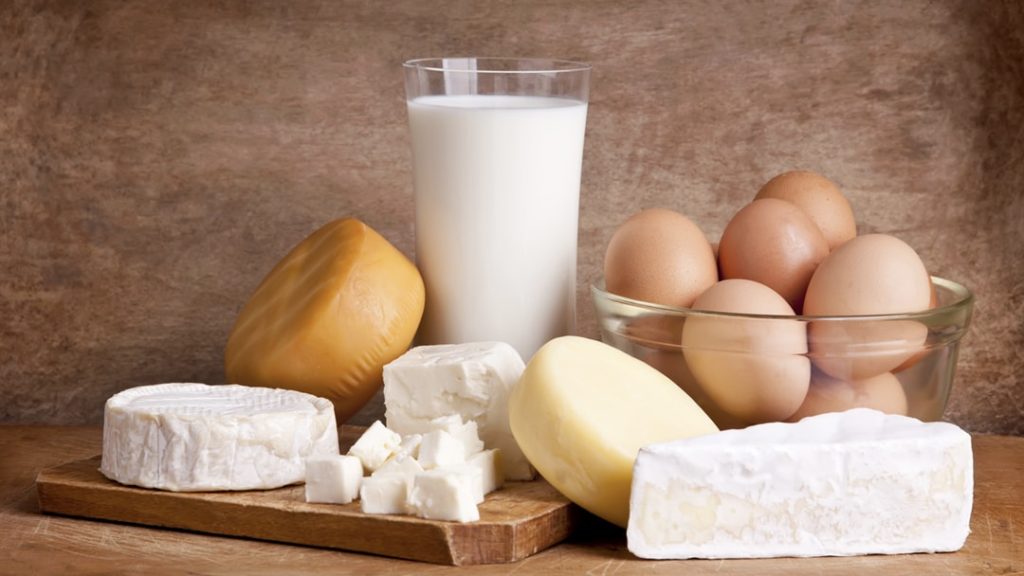
Vitamin A, also known as retinol, is essential for helping vision in dim light and keeping your eyes moist. Getting enough of this vitamin may decrease the risks of night blindness and dry eyes.
Vitamin A-rich food sources are:
- Dairy products (low-fat butter, cheese, milk and yoghurt)
- Eggs, oily fish, and liver
You can also get this vitamin through foods that are rich in beta-carotene, as the body can translate them into retinol.
Good sources of beta-carotene include:
- Red and green leafy vegetables (kale and spinach)
- Orange coloured vegetables (carrots and sweet potatoes)
- Yellow fruits (apricots, cantaloupes, mangoes and papayas)
Vitamin C
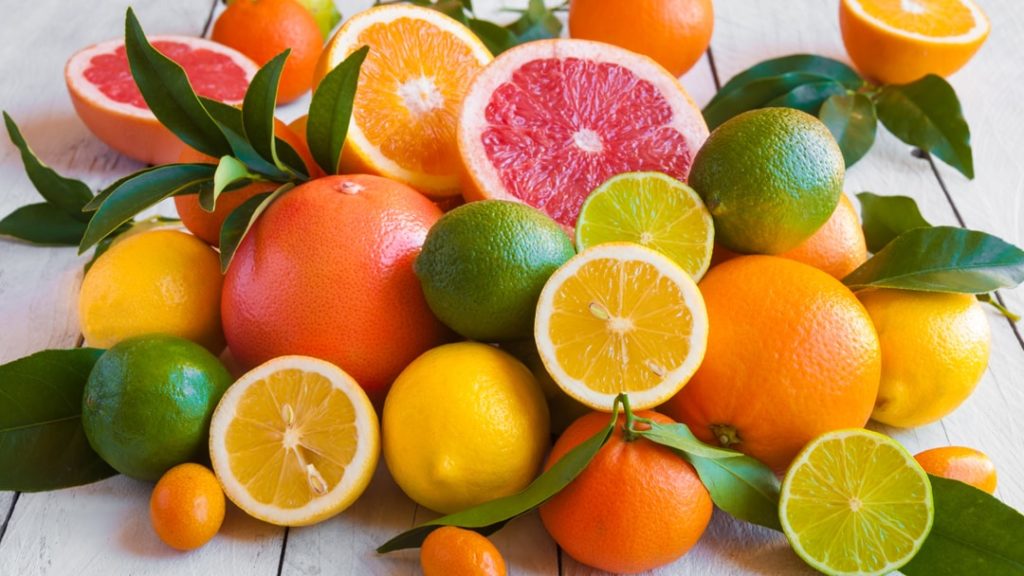
Your eyes need a lot more antioxidants than other organs. Vitamin C is a water-soluble vitamin that does a lot of helpful things for your body.
It functions as an antioxidant that helps maintain cell health by managing and preventing oxidative stress (an imbalance between free radicals and antioxidants), while supporting iron absorption in your body.
Fast foods, tobacco smoke, and the sun’s rays can increase the risk of this imbalance and reduce how much vitamin C your body gets from food.
Getting enough of this antioxidant may minimize the risks of cataracts and age-related macular degeneration (AMD).
Vitamin C-rich food sources are:
- Citrus fruits (oranges, tangerines, lemons and grapefruits)
- Peaches, strawberries and blackcurrants
- Peppers, broccoli, brussels sprouts, tomatoes, and potatoes
Vitamin E
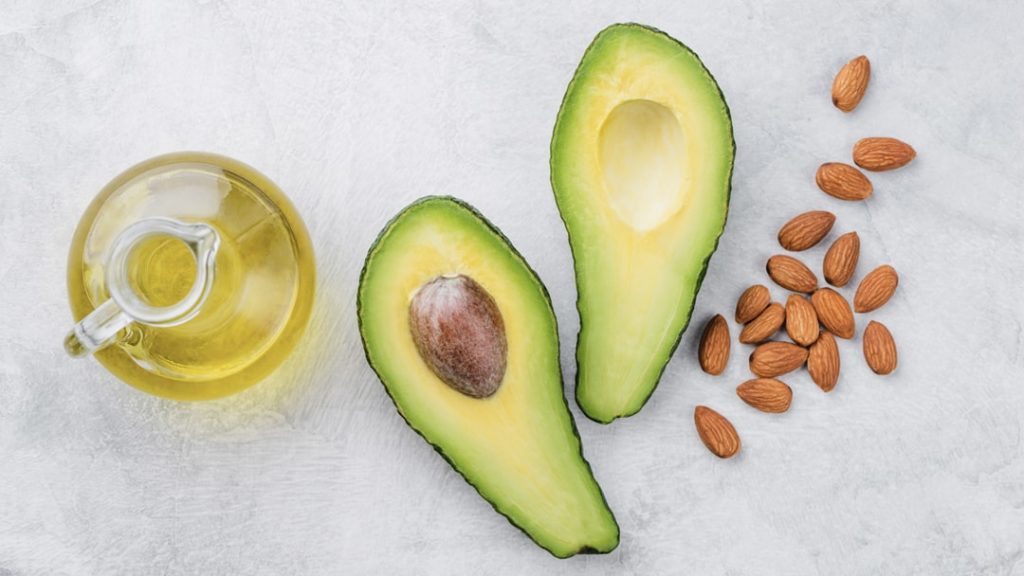
Your retina contains high amounts of fatty acids. Vitamin E is a fat-soluble vitamin, which functions as an antioxidant that helps maintain healthy eyes and protects fatty acids from oxidative stress. Lack of vitamin E may increase the risks of retinal degeneration and blindness.
Vitamin E-rich food sources are:
- Plant oils (vegetable, sunflower and olive oil)
- Nuts and seeds (almonds and sunflower seeds)
- Wheat germ and avocados
Lutein and zeaxanthin
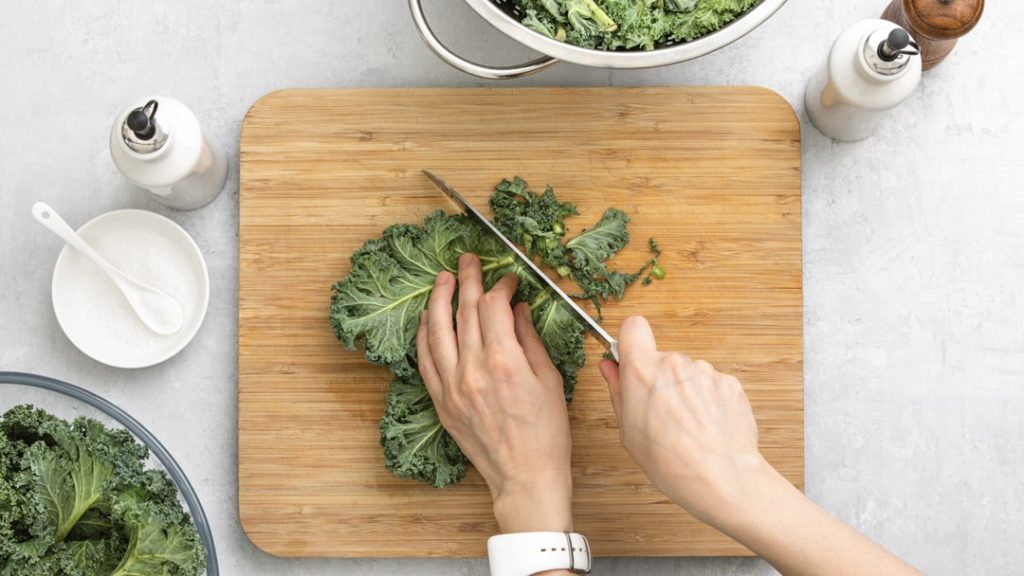
Known as vision-boosting carotenoid antioxidants, lutein and zeaxanthin may help reduce the risk of light-induced oxidative damage from UV and blue light exposure that can lead to age-related sight loss.
Since your body cannot synthesize these antioxidants on your own, you should incorporate these important nutrients into your diet, which can be found together in many tasty foods.
Lutein and zeaxanthin-rich food sources are:
- Leafy green vegetables (kale, spinach and romaine lettuce)
- Yellow/orange coloured vegetables (corn, yellow/orange bell peppers, yams and pumpkins)
- Egg yolks and citrus fruits
And remember to wear lenses with optimal UV protection during daytime outside, and BlueReflect™ glasses during extended screen time.
Omega-3 fats
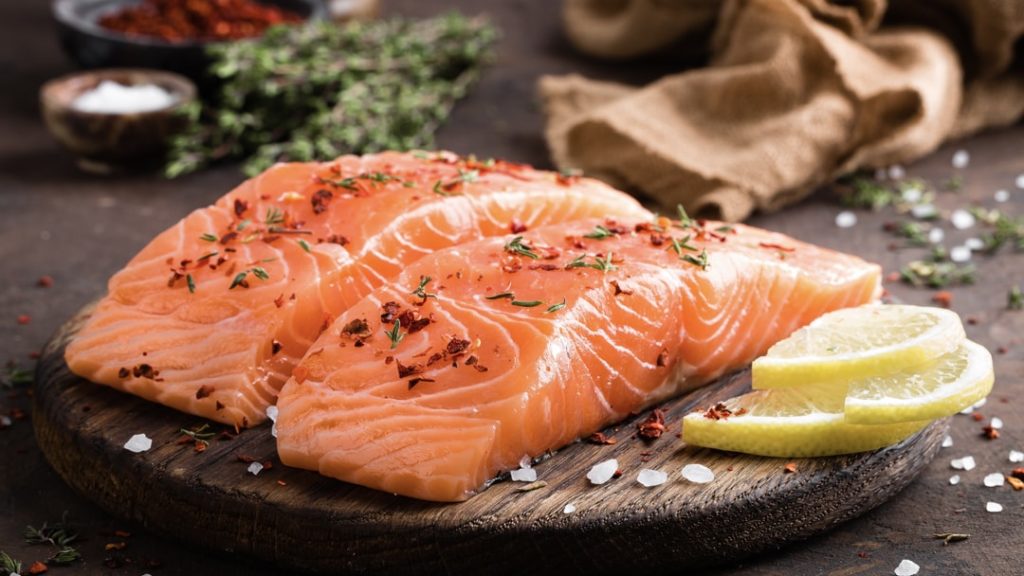
Imperative for eye health, omega-3 fatty acids EPA and DHA are good for tear function, visual development, and anti-inflammatory properties. Getting enough omega-3s may help improve dry eyes, minimize inflammation around the eye, and prevent or delay vision impairment (especially in children) and AMD progression.
Omega-3 fat-rich food sources are:
- Oily fish (salmon, sardines, herring and cod)
- Algae, walnuts
Zinc
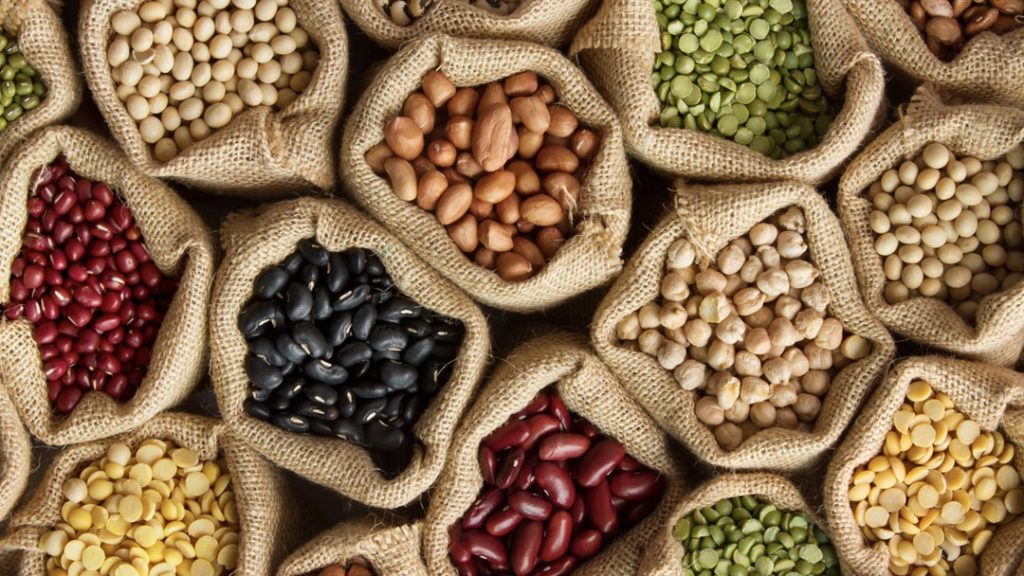
Zinc is an antioxidant that works with vitamin A to produce melanin, a protective pigment in blocking the effects of UV rays and artificial lights. Getting enough zinc may decrease the chances of impaired vision: night blindness, cataracts and macular degeneration.
Zinc-rich food sources are:
- Beans (chickpeas, kidney beans and lentils)
- Shellfish, nuts and seeds (oysters, pumpkin seeds and peanuts)
- Red meat, dairy products and whole grains
Foods for eye health
Next time you fill your grocery basket, make sure to incorporate some of these nutrient-rich foods:
- Eggs
- Oily fish
- Kale
- Spinach
- Carrots
- Sweet potatoes
- Apricots
- Mangoes
- Oranges
- Pepper
- Broccoli
- Olive oil
- Almonds
- Avocadoes
- Sunflower seeds
- Walnuts
- Chickpeas
- Lentils
Taking preventative action is a key step in maintaining your eye health. Along with a healthy, balanced diet, it’s important to get regular eye exams to monitor your vision (and overall health).
All eyes on vitamin A, antioxidants and omega-3 fats on your next grocery shopping. Have fun incorporating these foods into your recipes!
If you’re looking to boost your eye health with supplements, check out our vitamin products.
Read more:





